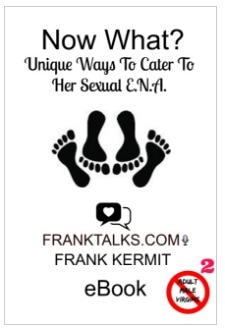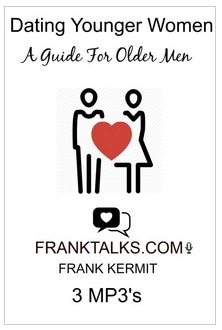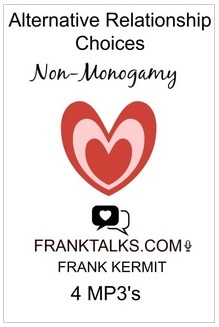|
The Limits of Non-Verbal Communication
by Frank Kermit No one has any obligation to read, follow, interpret or even receive your non-verbal communication. It is unreasonable for anyone to expect or demand that their non-verbal communication be acknowledged. If you expect that someone should have modified their behaviour towards you based solely on what you felt was a clear non-verbal communication, sorry to burst your bubble, but your expectation is unrealistic, and you will be very disappointed more often than not. If someone is angry with you for not reading his or her non-verbal communication, be sure to let those people know that reacting to their non-verbal communication is not your responsibility. Common communication theory claims the vast majority of all communication is non-verbal (different sources state it is considered at minimum 55%, and as high as 93% though there are some discrepancies). This may or may not be true. However, whenever clarity is required, a verbal confirmation is often regarded as the highest form of clear communication to destroy any misunderstandings. There are two components here that make non-verbal communication so challenging. The first is that just because you communicate non-verbally to someone, does not take into account that person’s ability to read non-verbal communication cues. If someone is not familiar with your non-verbal cues that you assume would be common knowledge, they may miss your messaging altogether, or possibly misinterpret your message to mean the exact opposite of your meaning. For example, a person acting coy, shy and reserved with the intent of being alluring, may end up being interpreted as uninterested and would rather be left alone. Do not assume the other person will automatically have the same reference point of the non-verbal communication that you do. Also, as my coaching practice shows, especially with adults who have difficulty with social interactions (such as Asperger coaching clients) not everyone can read non-verbal cues as easily as others. The second is that, non-verbal communication is a communication skill, just like any other. As a skill, it must be practiced and tested to be sure that what you intend to communicate is what is actually getting across as the message received. There are times when I am coaching someone that cannot understand why they continue to be mistreated in dating, with family and even the workplace. When I ask what happens they mention their displeasure, it turns out they never actually say anything directly, but expected that their non-verbal communication was loud enough to be heard (usually it came out as passive-aggressive behaviors that in some cases, made things worse). One must never take for granted that the skills to successful non-verbal communication is a given. On the contrary, it is a skill and art form that always provides something more to learn and improve on. It can be a scary thought to acknowledge that the non-verbal communication skills that a person thinks they have, do not live up to the fantasy they believe. As far as dating and relationships go, be mindful that your major expectations, rules and boundaries are too important to leave up to non-verbal communication. Simply put, if you want something, you have to speak up and verbally tell the other person exactly what your request is. If you do not, you are at fault if you do not get what you want. So the next time you are not in a talkative mood, do not hope the other person gets your non-verbal communication of acting distant or aloof, and just tell that person you are not in a talkative mood. If you want your significant other to use mouthwash because of bad breath, instead of using non-verbal communication of turning your head when he or she tries to kiss you on the lips, just ask your partner if they wouldn’t mind freshening up their breath. Yes, the onus is on YOU, to ASK FOR WHAT YOU WANT. If you aren’t comfortable being that direct, then at least take enough accountability for yourself so that you do not hold it against others when they do not understand your non-verbal communication. That is not their fault. You are responsible whether or not your communication is received in the context that you intended.
0 Comments
Leave a Reply. |
Categories
All
Archives
June 2024
NDG Encore Singing Chorus **** Every Friday Night Dr. Laurie Betito Quotes
|
|
FRANK KERMIT MA
EXPERT RELATIONSHIP COACH HELPING PEOPLE CONNECT |
ALL COACHING IS BY TELEPHONE OR SKYPE ONLY INTERNATIONAL CLIENTS ARE WELCOME *INTERNATIONAL CLIENTS ARE RESPONSIBLE FOR LONG DISTANCE PHONE CHARGES, +1 Canada/USA* SKYPE IS PREFERRED. IT'S FREE AND EASY TO USE FROM ANYWHERE IN THE WORLD TELEPHONE: +1-514-680-3278 EMAIL: [email protected] SKYPE: frank kermit PLEASE NOTE THAT ALL SALES ARE FINAL. NO REFUNDS OR EXCHANGES
|


 RSS Feed
RSS Feed












































